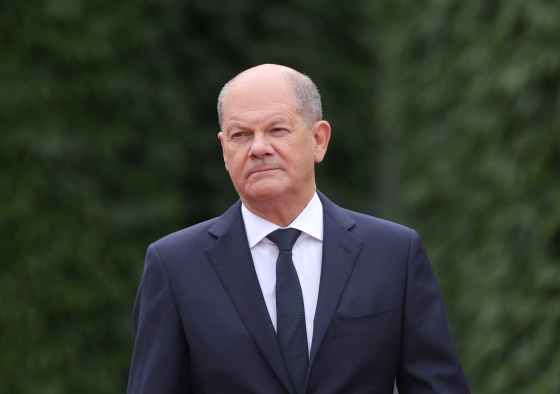
After a tumultuous year at the polls for several of Europe’s major parties, German Chancellor Olaf Scholz lost a motion of no confidence on Monday, setting the stage for early elections in February.
Although Scholz anticipated losing the vote, he called it in the hopes that it would help his center-left Social Democratic party.
Only 207 members of the Bundestag, or parliament, were prepared to support him, despite the fact that he required a 367 majority vote to win. 116 members abstained, while 394 lawmakers voted against him.
Following Scholz’s dismissal of Finance Minister Christian Lindner, a member of the Free Democrats party, with whom his party had been in a contentious coalition along with the environmentalist Green Party, the coalition he oversaw disintegrated last month.
At the time, Lindner openly supported an economic program that differed from the one they had previously agreed upon, and Scholz accused Lindner of betraying his trust.
Knowing he would have to dissolve parliament and arrange fresh elections within 60 days, Scholz then declared he would ask for a no-confidence vote.
Because Germany’s constitution forbids dissolution after World War II, a vote of confidence was required.
Despite being the biggest economy in Europe, Germany has been stagnating recently, and its leaders are having difficulty reaching a consensus on a budget for 2025. Lindner’s dismissal came after weeks of internal strife within the ruling coalition over future economic strategy.
Regardless of the outcome of the upcoming election, Germany’s leaders are likely to reach a consensus on fiscal policy, according to Kallum Pickering, chief economist at Peel Hunt, a prominent British investment bank, who spoke to CNBC.
“Even if within say the first three to six months of the new administration you don t get changes to the debt brake, if they have a big enough majority, eventually I think economic conditions will just force them to accept the reality that they need a fiscal stimulus,” said Pickering.
After the Labour Party took control of the United Kingdom for the first time in more than ten years and French President Emmanuel Macron called for snap elections in France, which caused political unrest in the nation, Germany is holding its own elections.
Note: Every piece of content is rigorously reviewed by our team of experienced writers and editors to ensure its accuracy. Our writers use credible sources and adhere to strict fact-checking protocols to verify all claims and data before publication. If an error is identified, we promptly correct it and strive for transparency in all updates, feel free to reach out to us via email. We appreciate your trust and support!
